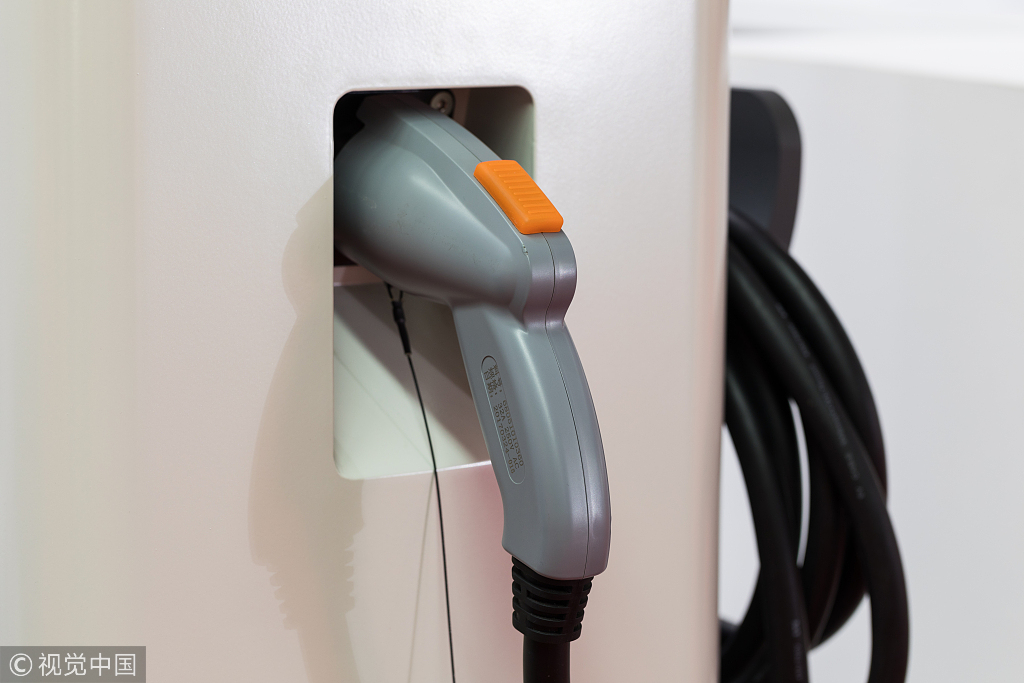Close to 100,000 new-energy vehicles (NEV) have been connected to the Beijing New Energy Vehicle Quality and Safety Monitoring Platform and 85 percent of them meet the subsidy requirements, an industry report said Wednesday.

Photos: VCG
The platform started registrations in October 2016, linking with 51 car companies, the 2017 NEV annual report said.
In the car manufacturers’ pie chart, Beijing Automotive Group Co (BAIC Group), China's largest NEV maker, controls 27 percent of the market.
In terms of total mileage in 2017, BAIC Group, BYD Auto Co, Jianghuai Automobile Group Corp, Denza and Geely Auto Group are the top five brands.
The riskiest items are the insulation alarm, brake system alarm and DC-DC temperature alarm, accounting for 46.1 percent, 80 percent and 72.1 percent, respectively.
19 alarm items are listed as the basic risk monitoring system, according to China’s national standard.
From a travel perspective, the average mileage of most NEVs are within 100km as a daily travel tool. More vehicles have a mileage of 20-50 km for commuting, according to the report.
When it comes to battery charging, people prefer charging their cars at night and the peak hours are concentrated north of Beijing.
In February, the Ministry of Finance (MOF) published a financial subsidy policy document to promote the NEV in China, with February 12 to June 11 as the policy transition buffer. On June 12, the MOF adjusted its subsidy policy.
In June, China saw NEV sales of 71,660 units, down 22 percent from May.
The new platform will cover data support for new energy vehicle index, real-time monitoring, tracking and disposal results, data storage and quality tracking. The subsidies application process is connected to the platform. Only when a NEV is registered in the monitoring platform and data is completely uploaded will the car owner be entitled to a subsidy, a Beijing official said.


